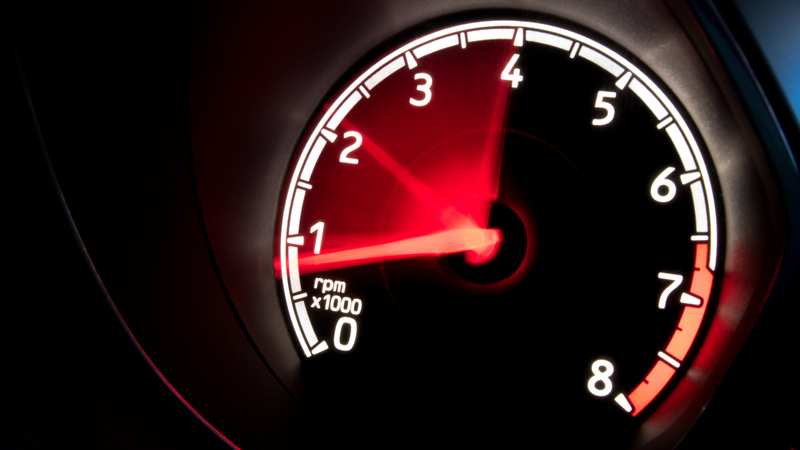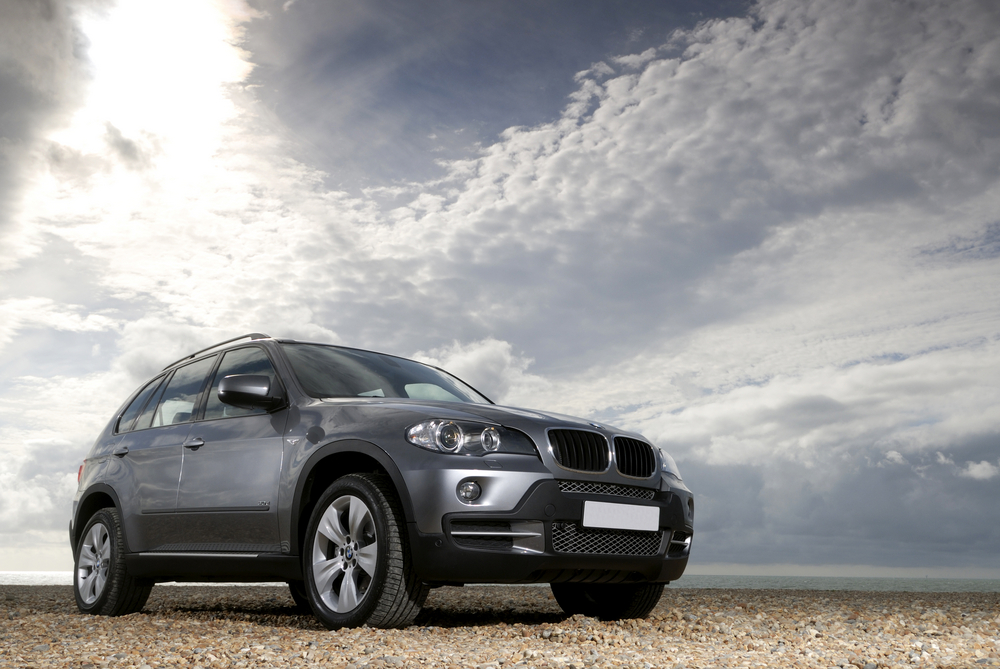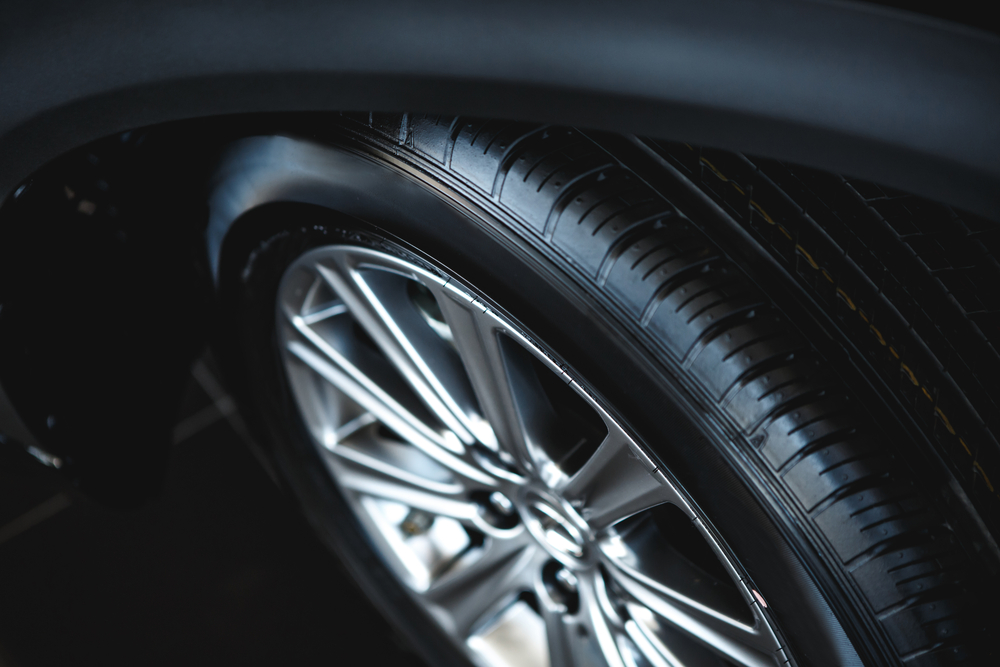Anyone who owns a high-performance vehicle knows that it’s hard to resist fully indulging in the power that’s at your fingertips when you’re behind the wheel. Revving the engine of your BMW might deliver that great sound and feel, but there are a few things you should keep in mind!
What Exactly Is Revving?
The term “revving” comes from the word “revolutions,” which refers to the rotation of the camshaft in your BMW powered by the engine. When a driver revs their engine, they are producing a sudden increase in acceleration that results in a higher number of revolutions per minute (RPM) exerted by the engine than usual. As the engine exerts itself, it becomes louder, offering the driver an audible indication of their vehicle’s power. Sometimes this is done while driving, and sometimes while the transmission is set to park or neutral. You’d be hard-pressed to find a car lover who’s never done it, but some experts would warn against it.
Its Effects
Why are warnings against revving common? Drastically increasing the activity of the pistons in your engine creates a substantial amount of friction, especially when you’re not in motion and there’s no airflow to cool things down via the radiator. Excessive friction isn’t great for any part of your car, but the effect that this has will be different for a well-maintained vehicle than one that is behind on maintenance. It can certainly accelerate wear and tear, but if the engine is in tip-top shape, a little bit of revving won’t destroy your pistons in an instant.
Smart Habits
There’s nothing wrong with having a bit of fun and listening to your BMW roar, but this comes with a few catches. Firstly, sudden and extreme acceleration while driving isn’t a great idea, unless you happen to be making a potentially life-saving evasive maneuver and have no choice. Secondly, revving a cold engine a soon as you start is something you should avoid, as this is when it can do the most damage. Lastly, stay out of the red on your RPM meter and, of course, keep your engine in good shape with routine BMW-certified maintenance!
When you can balance fun and responsibility, both your and your BMW stay happy. The fun of driving your vehicle won’t last if you don’t take good care of it and take it to the right technicians. Get in touch with Motorwerkes today at (403) 453-0269 and let us know what you need!





